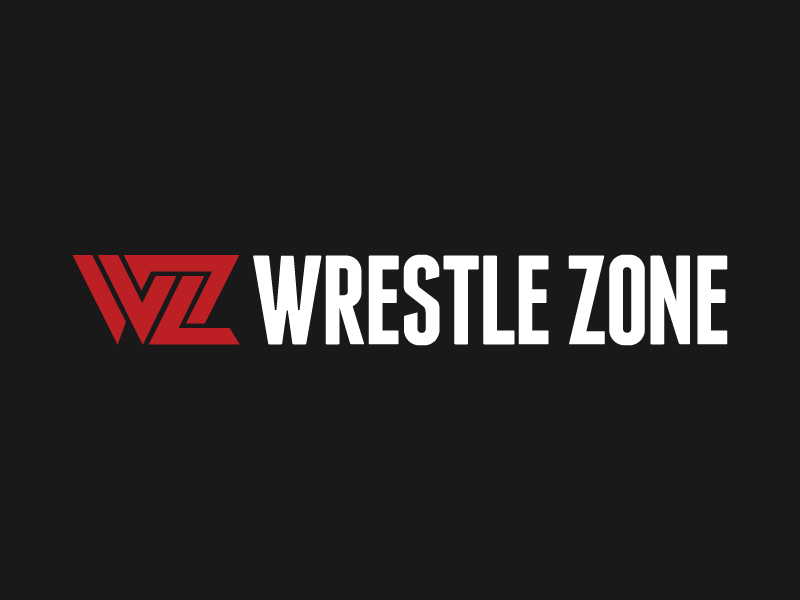 Aubrey Sitterson recently posted a new editorial on Geek.com talking about last weekend’s Pro Wrestling Guerrilla “Battle of Los Angeles” three-day tournament.
Aubrey Sitterson recently posted a new editorial on Geek.com talking about last weekend’s Pro Wrestling Guerrilla “Battle of Los Angeles” three-day tournament.
Sitterson, who has worked as a writer, editor and web producer for WWE.com, the Interactive Marketing Manager for WWE Games at both THQ and 2K, and host of Straight Shoot, talks about his love for PWG, what kind of audience and wrestlers the promotion attracts, and much more. You can read a few excerpts below; click here for the full article.
This past weekend, the standout independent wrestling promotion, Pro Wrestling Guerrilla, put on its annual Battle of Los Angeles tournament, perhaps better known as BOLA. For three days, American independent stars, underutilized former WWE talents, a batch of wrestlers from Mexico’s AAA promotion, and an invading party of Europeans competed for a shot at the PWG World Title. Anyone who knows PWG’s stellar track record — or just took a cursory glance at the tournament’s amazing, dream match lineup — could tell you that the tournament was incredible, but the importance of PWG in the 2015 professional wrestling landscape goes far beyond mere match quality.
I’ve missed very few PWG shows since I moved to Los Angeles in 2012. That’s because, from the very first moment I stepped inside the American Legion Post #308 in Reseda, California (a small neighborhood in Los Angeles’ San Fernando Valley), I could feel that Pro Wrestling Guerrilla was something far, far different than I’d ever experienced before.
The easiest comparison, the one that’s made most frequently, is to the glory days of ECW, the hyper-violent, often profane brainchild of wrestling mad-genius Paul Heyman. On a surface level, the comparison holds up: like in ECW’s earliest days, PWG is confined to a single area — a single location, even — with an outrageously loyal fan base, a ton of buzz, and a business model propped up by DVD sales. But truthfully, that’s where the similarities end.
While ECW prided itself on stacking the roster with misfits — the talents who weren’t right for bigger, cleaner, more sanitized promotions like WWE (then WWF) and WCW — most of PWG’s recent explosion in popularity can be chalked up to the promotion’s uncanny ability to book and promote talents that are destined for big things in WWE, though they wrestled under other names: Seth Rollins, Daniel Bryan, Adrian Neville, Kalisto, and many more have competed inside the PWG ring. But PWG’s most recent surge in popularity? That can be chalked up to two other names: Kevin Owens and Sami Zayn.



